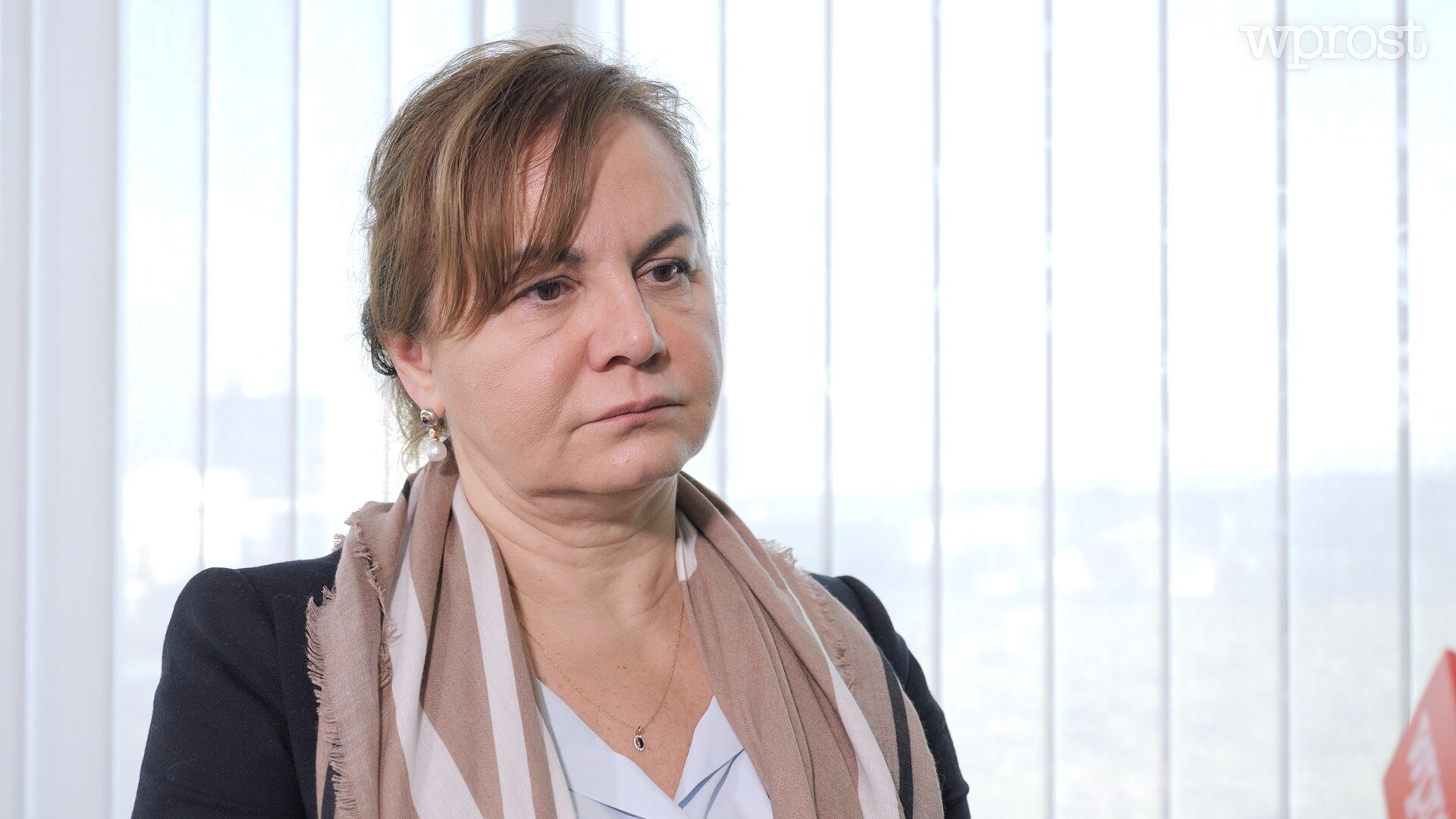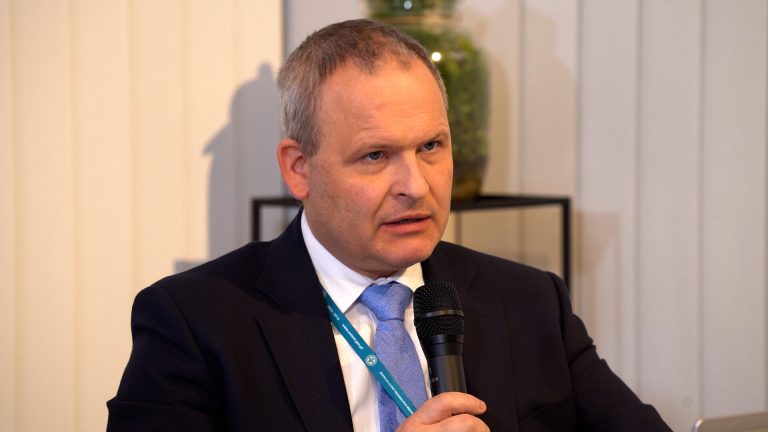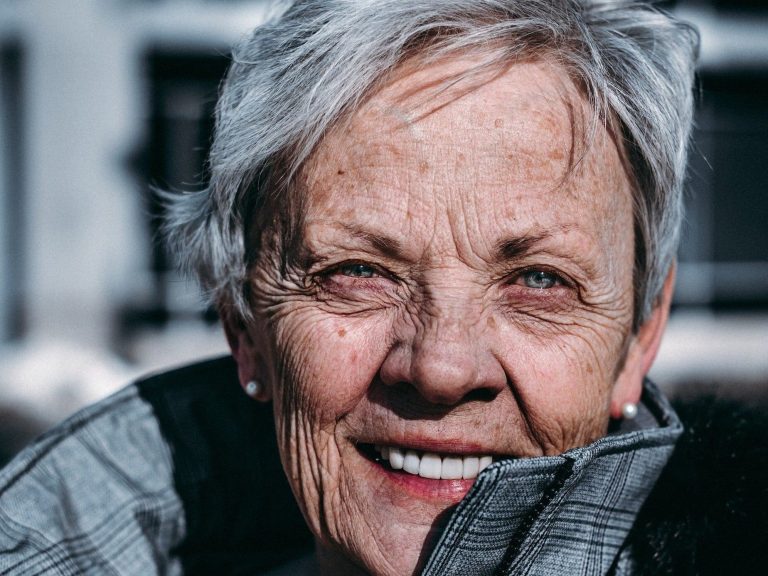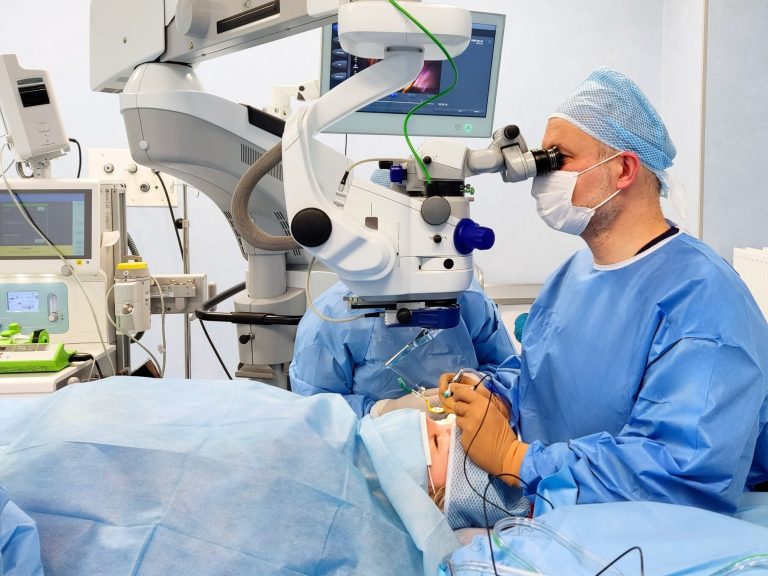Dr. Streb: Immunotherapy with chemotherapy in the treatment guidelines for advanced cholangiocarcinoma

For many years, there were no new drugs that would improve treatment outcomes. We now know that adding durvalumab (a monoclonal antibody) to chemotherapy improves treatment results, says Dr. Joanna Streb, clinical oncologist. This is the first hope for many years for patients with bile duct cancer, most often diagnosed at an advanced stage.
Bile duct cancer is relatively rare: approximately 1,700 new cases are reported in Poland every year. In approximately 70-90 percent cases are diagnosed at an advanced stage, which is due to the fact that the symptoms are very non-specific and may suggest many other diseases. – This may include pain on the right side of the lower abdomen, a crushing feeling, sometimes nausea, weakness, and weight loss. In case of severe symptoms, patients often take antispasmodic and painkillers. They report to the doctor late, usually when symptoms such as jaundice and severe weight loss appear, notes Dr. Joanna Streb.
Most often, biliary tract cancers are detected at an advanced stage, when radical surgery, which is the only chance for cure, is no longer possible.
Immunotherapy plus chemotherapy
Until recently, the only treatment option for advanced cholangiocarcinoma was chemotherapy, but the treatment results were not the best: 5-year survival rates were only a few percent. – Currently, chemotherapy is still the standard of treatment, but it turned out that adding immunotherapy (durvalumab) improves treatment results. – Such a scheme is already included in the NCCN and ESMO standards. The use of such treatment in the first line makes it possible to extend overall survival and time to disease progression, and also improves the quality of life of patients, emphasizes Dr. Streb.
Combining chemotherapy with immunotherapy gives a chance to extend the time to progression and implement another line of treatment. Such treatment is not yet reimbursed in Poland. – I already have experience with its use, because under expanded access we had patients receiving durvalumab with chemotherapy. The effectiveness is visible: some patients have been taking this treatment for over a year, there has been no progression, and the side effects are no greater than in the case of chemotherapy alone. We would like such treatment to be reimbursed in Poland, adds Dr. Streb.
First-line treatment
It is very important that the therapy is recommended in the first line of advanced cancer. – First-line treatment is the most important: this is when we expect the greatest response and good tolerance. As the disease progresses, we have a lower response rate in subsequent lines. It is a rare cancer, there are few patients, and not many studies have been conducted so far. For many years, this has been the first therapy that has proven effective, which is why it has already been included in the guidelines – emphasizes Dr. Streb.
In order to improve treatment results, earlier detection is also necessary, so it is worth paying attention to disturbing symptoms and reporting to a doctor. – More and more campaigns are being carried out to inform about prevention. It is worth getting checked and seeing a doctor, because early detection can cure some cancers, says Dr. Joanna Streb.
You can watch the entire interview with Joanna Streb, MD






